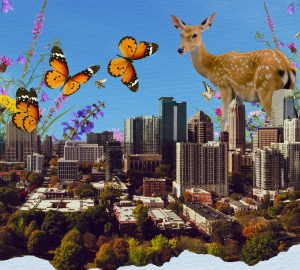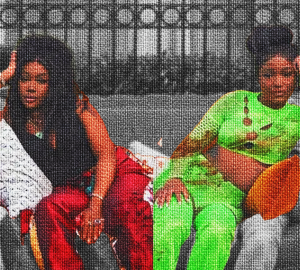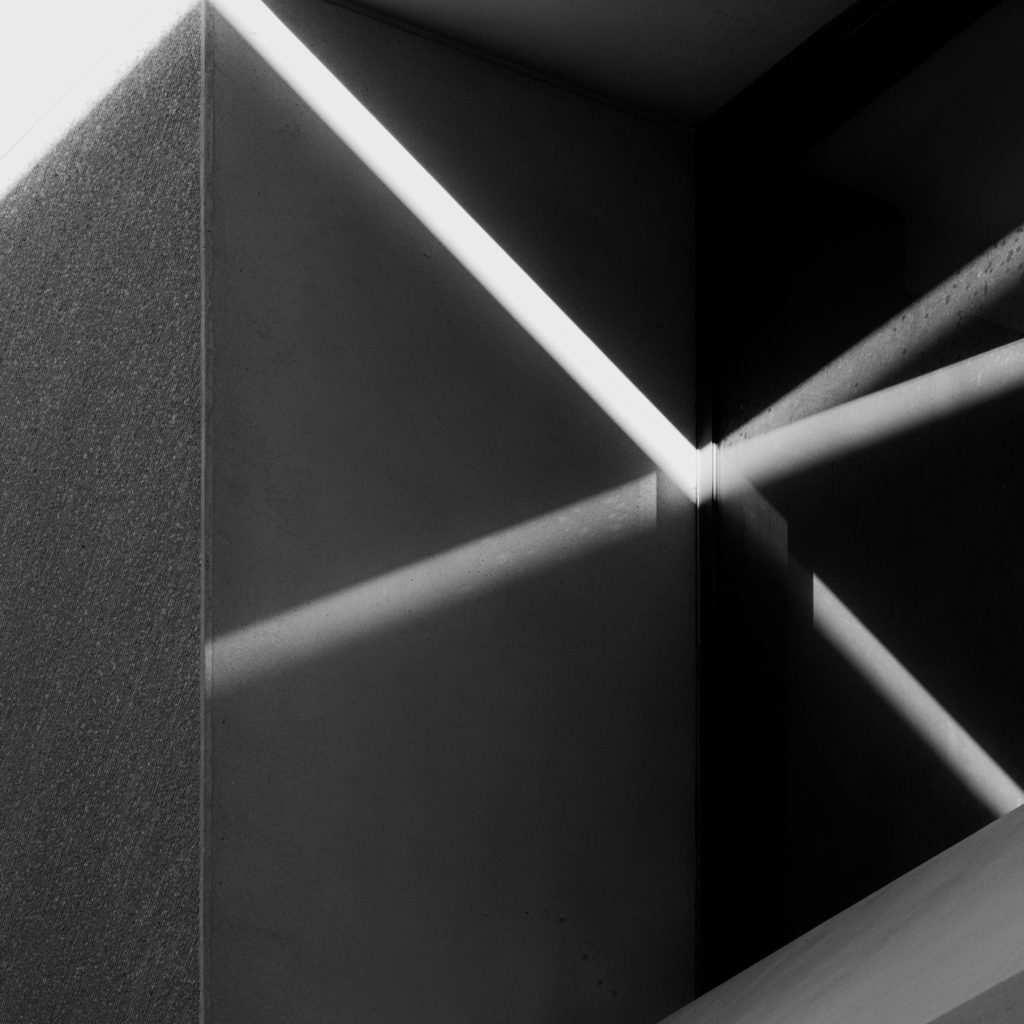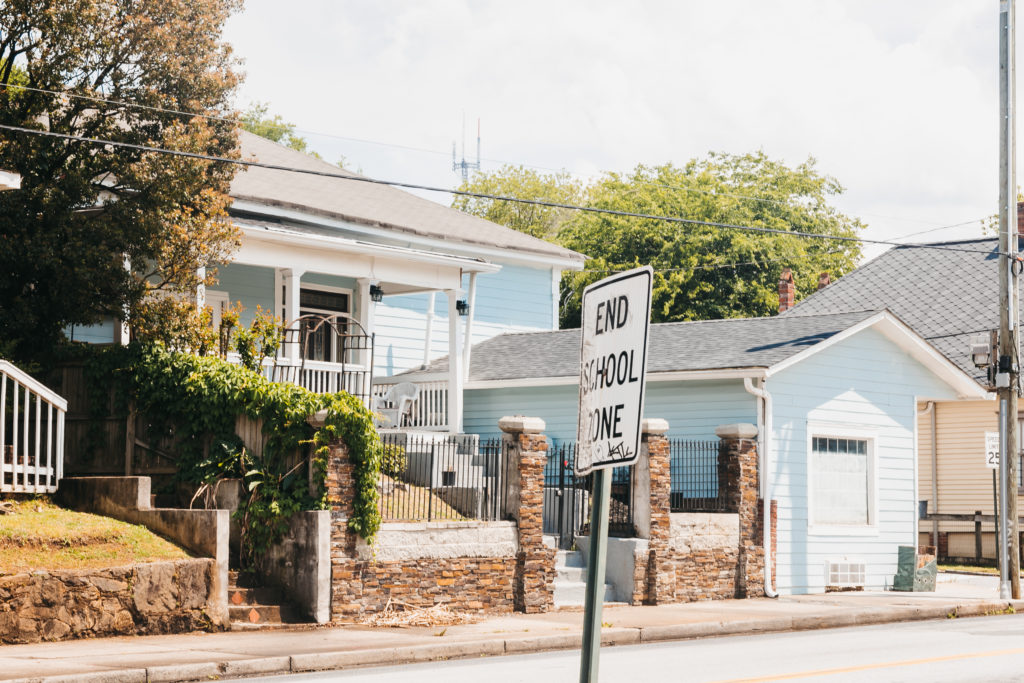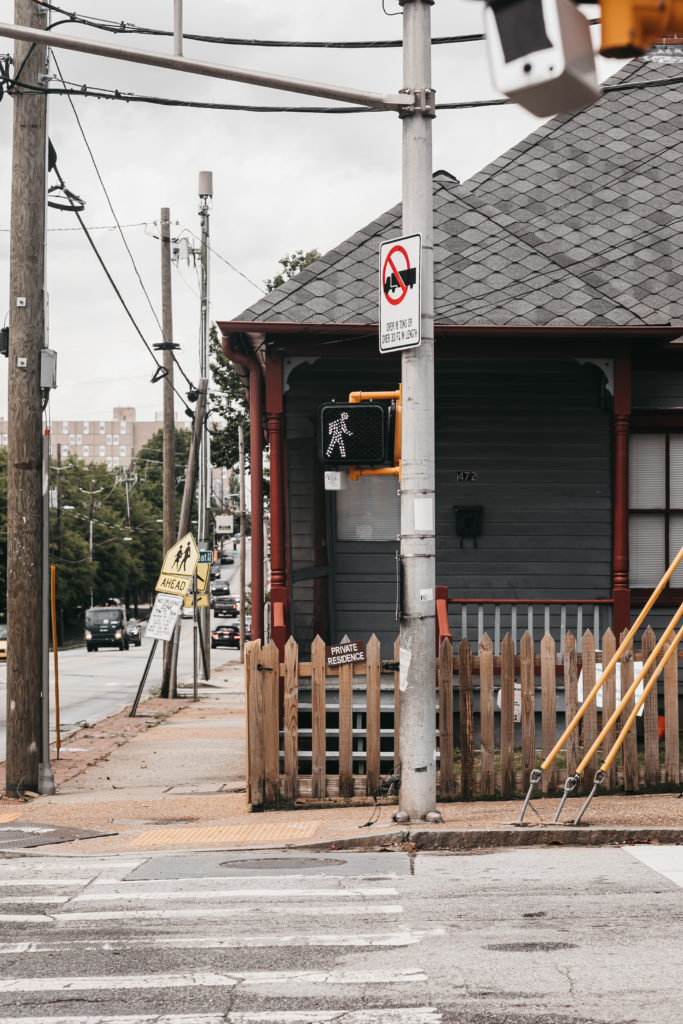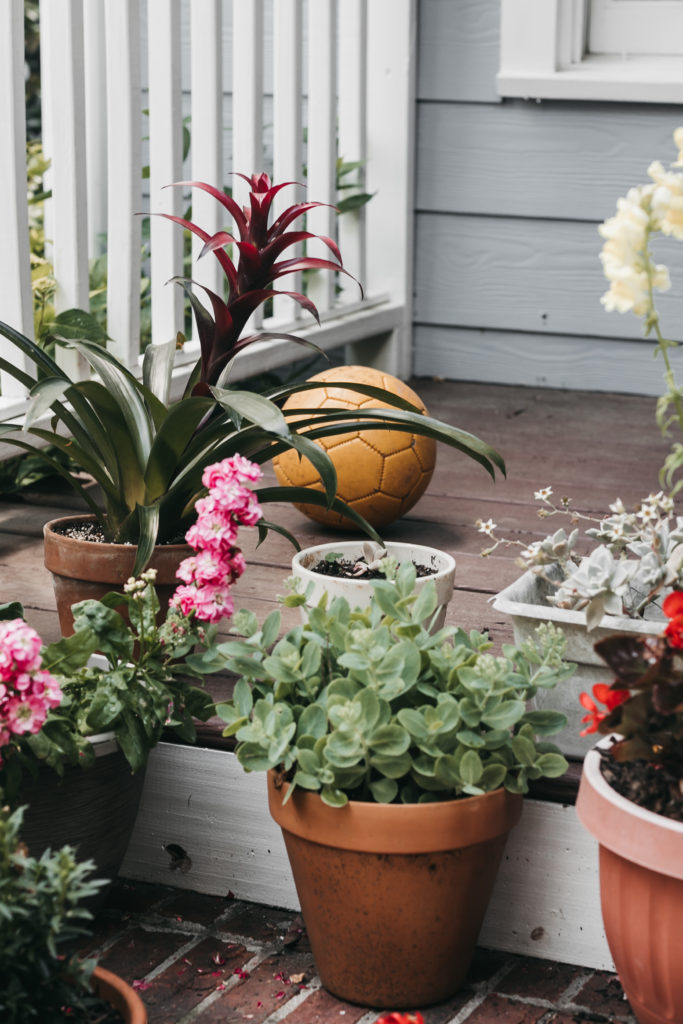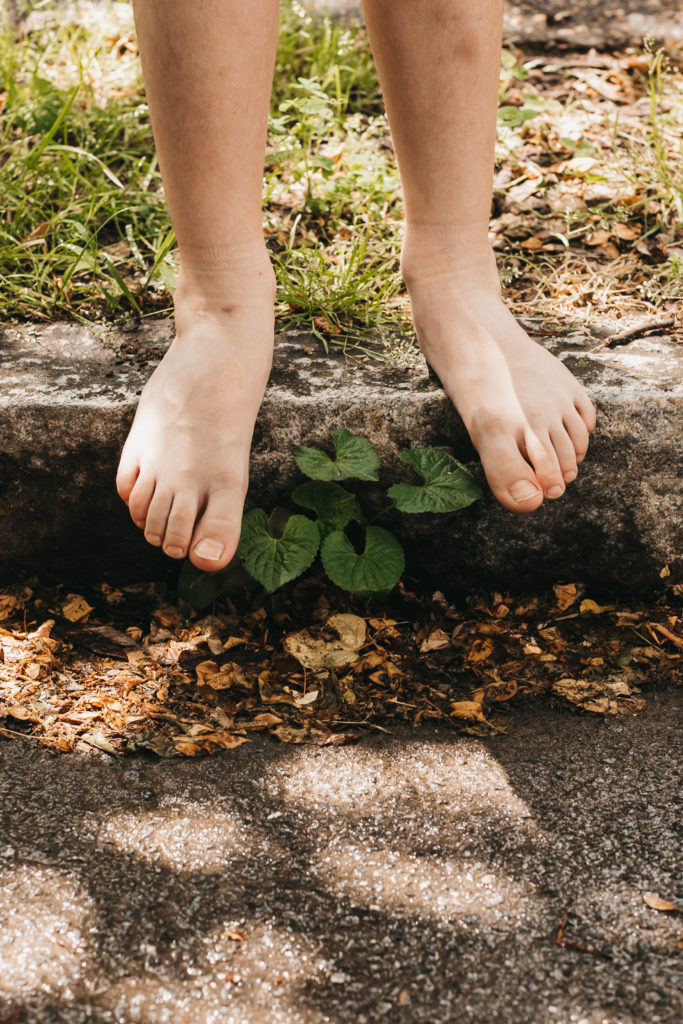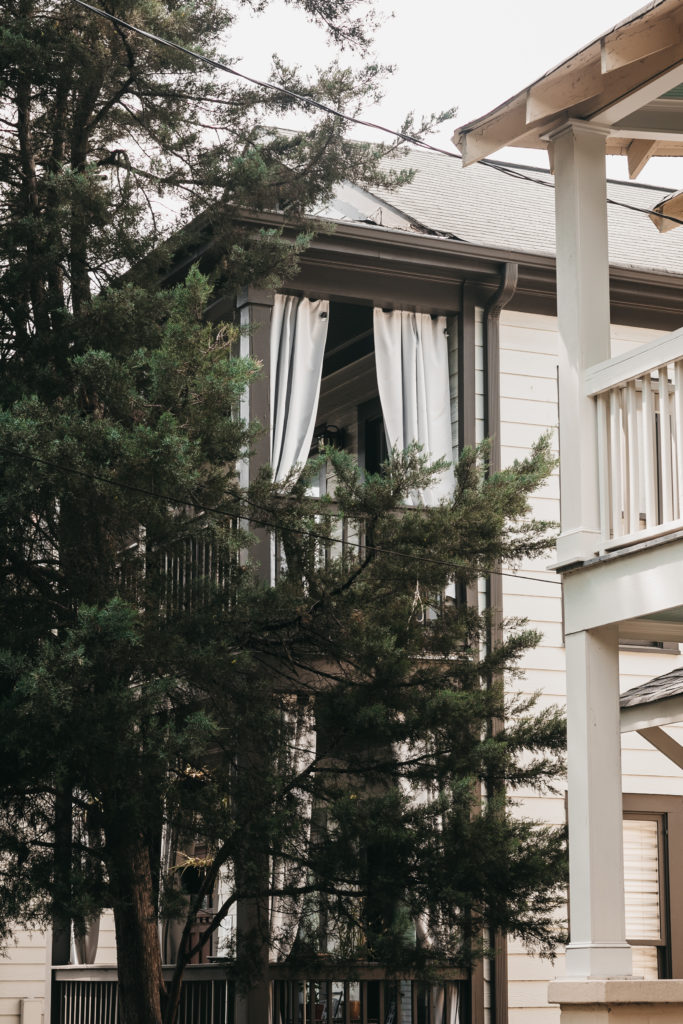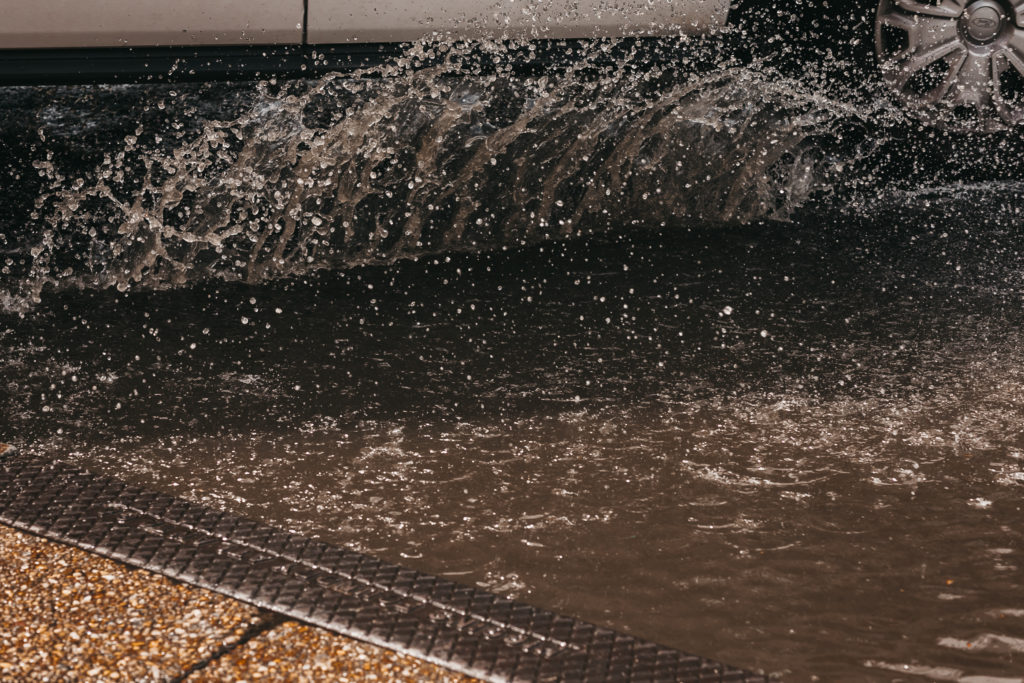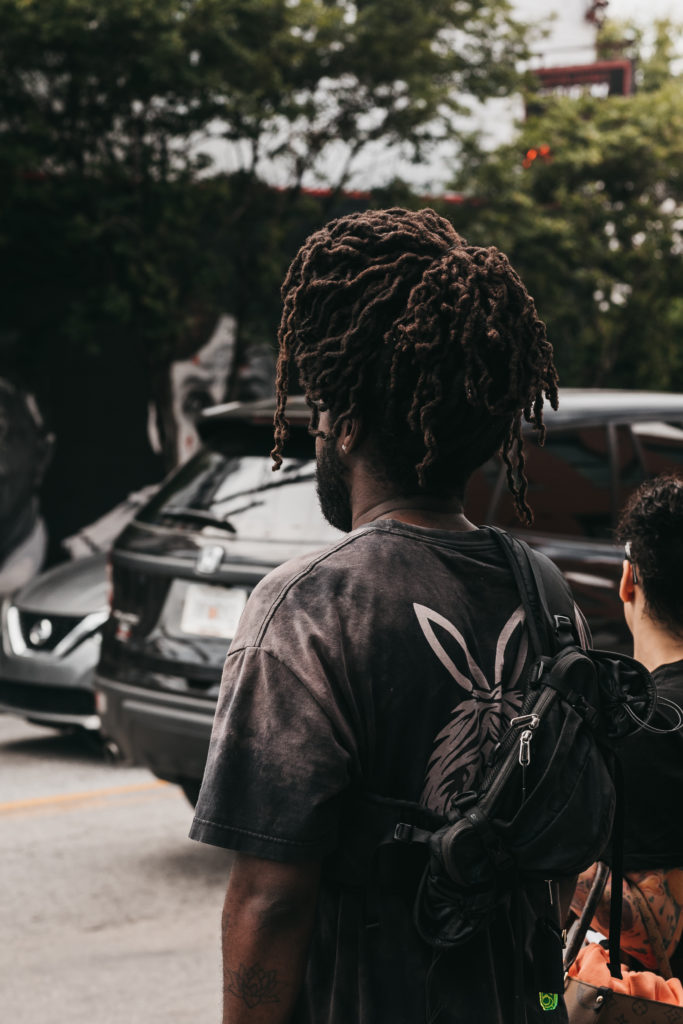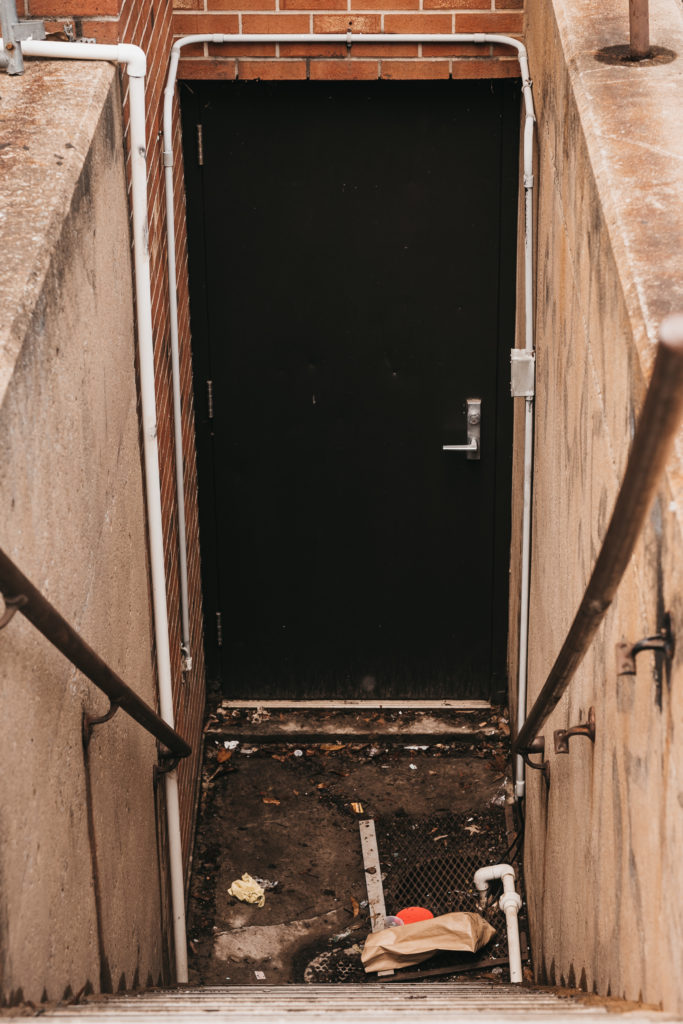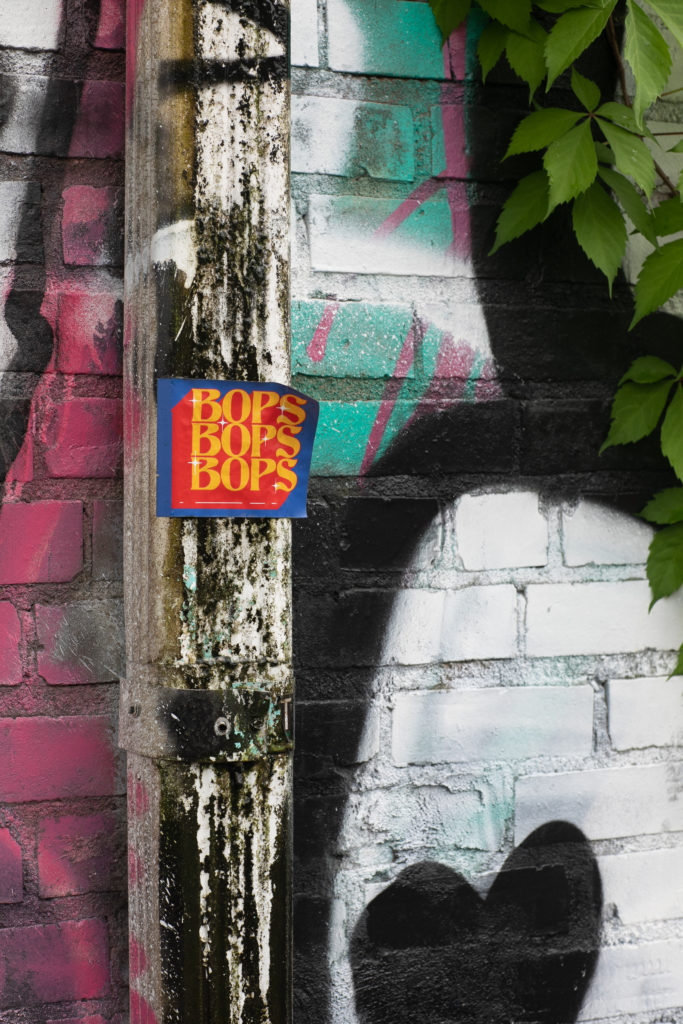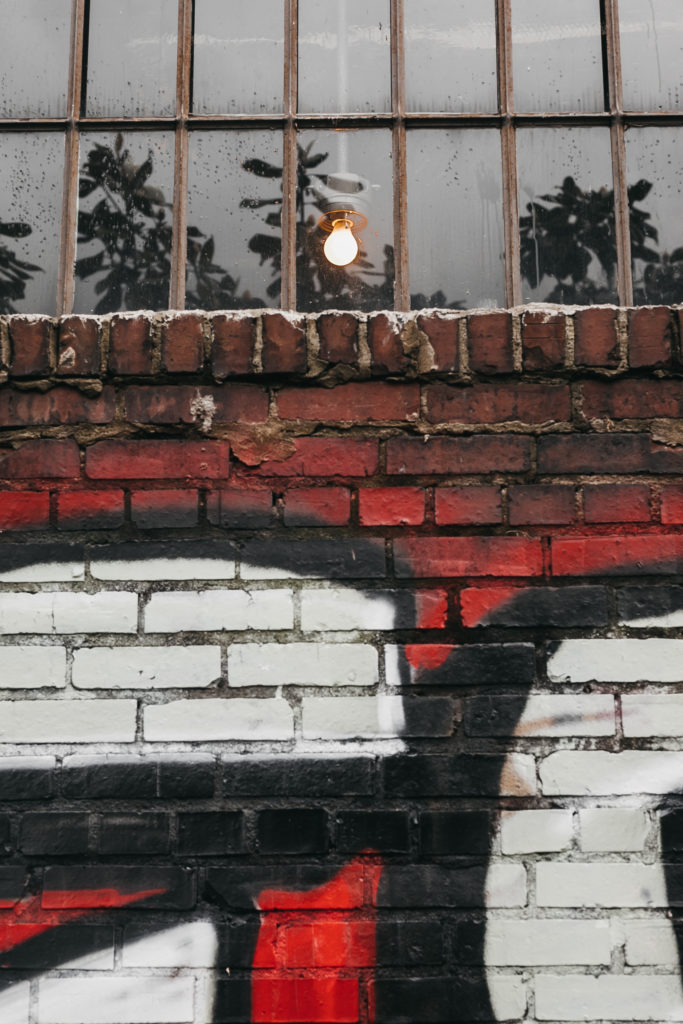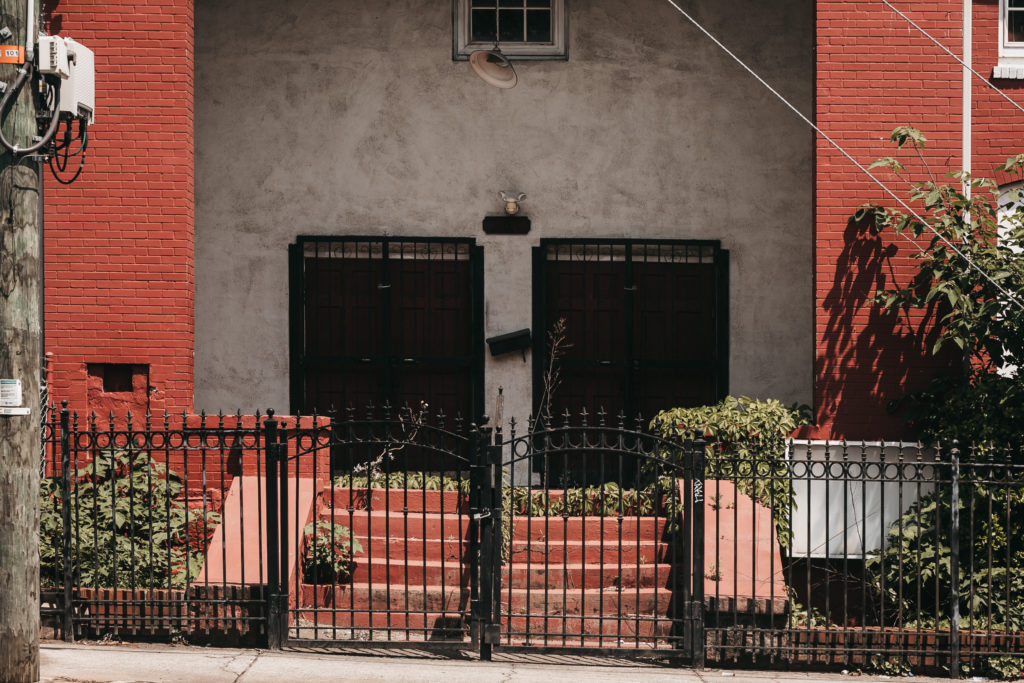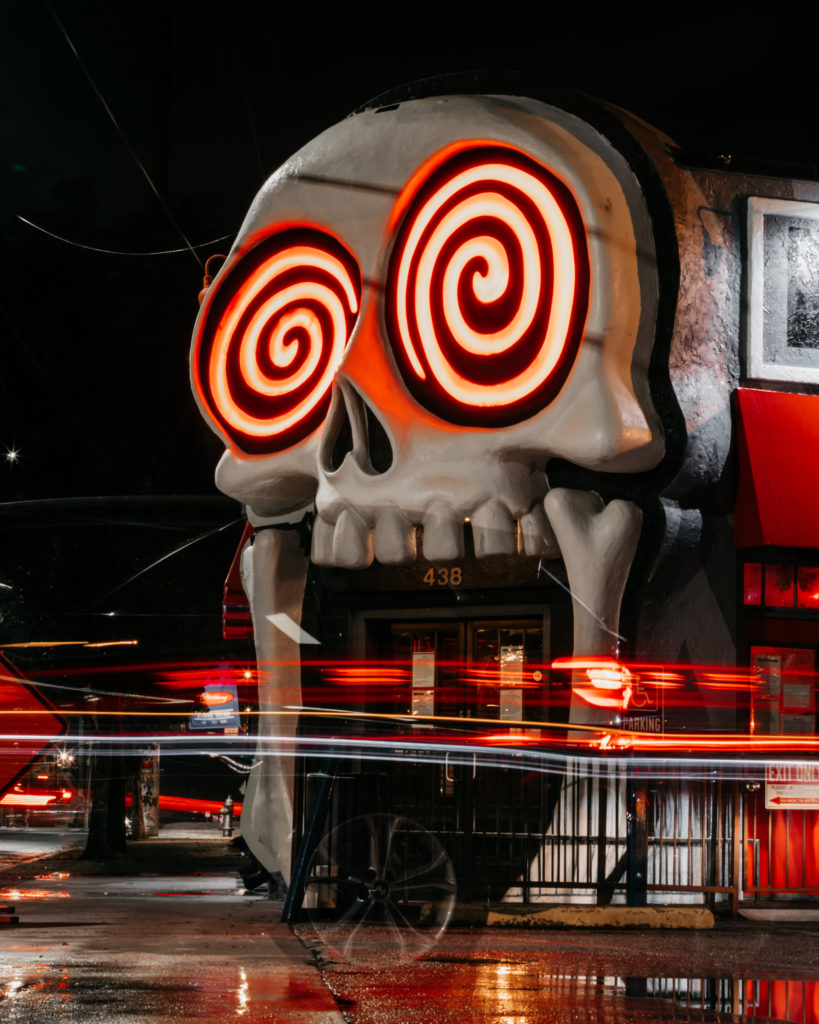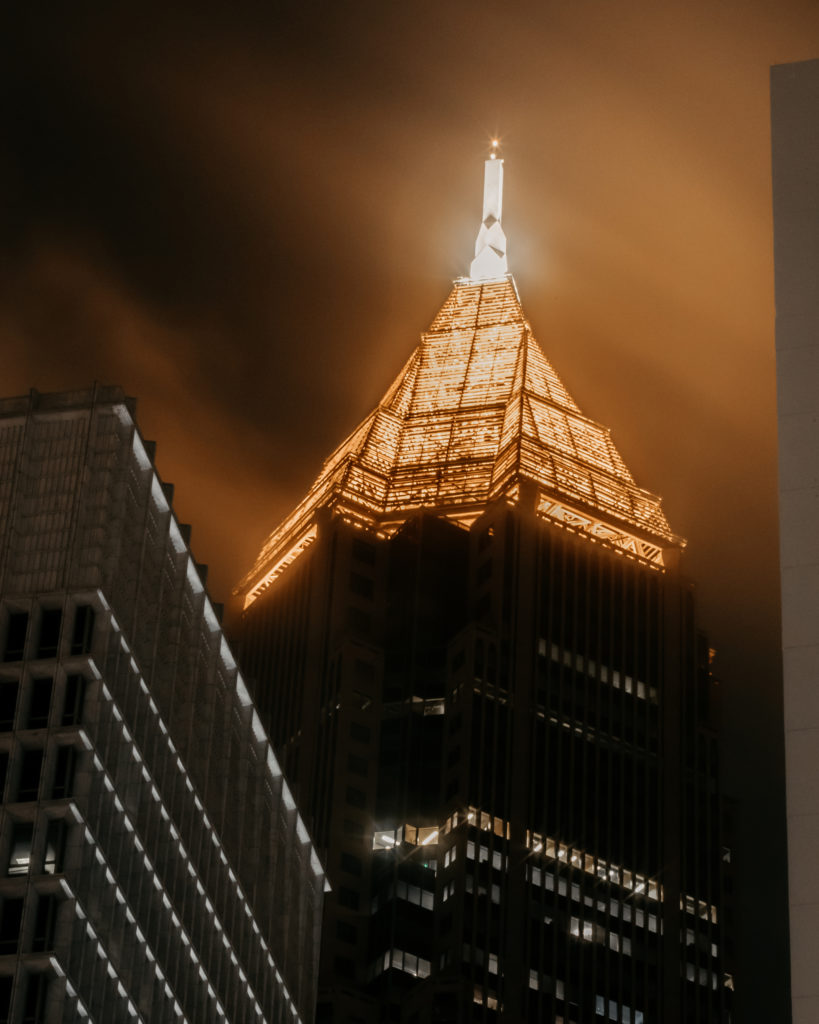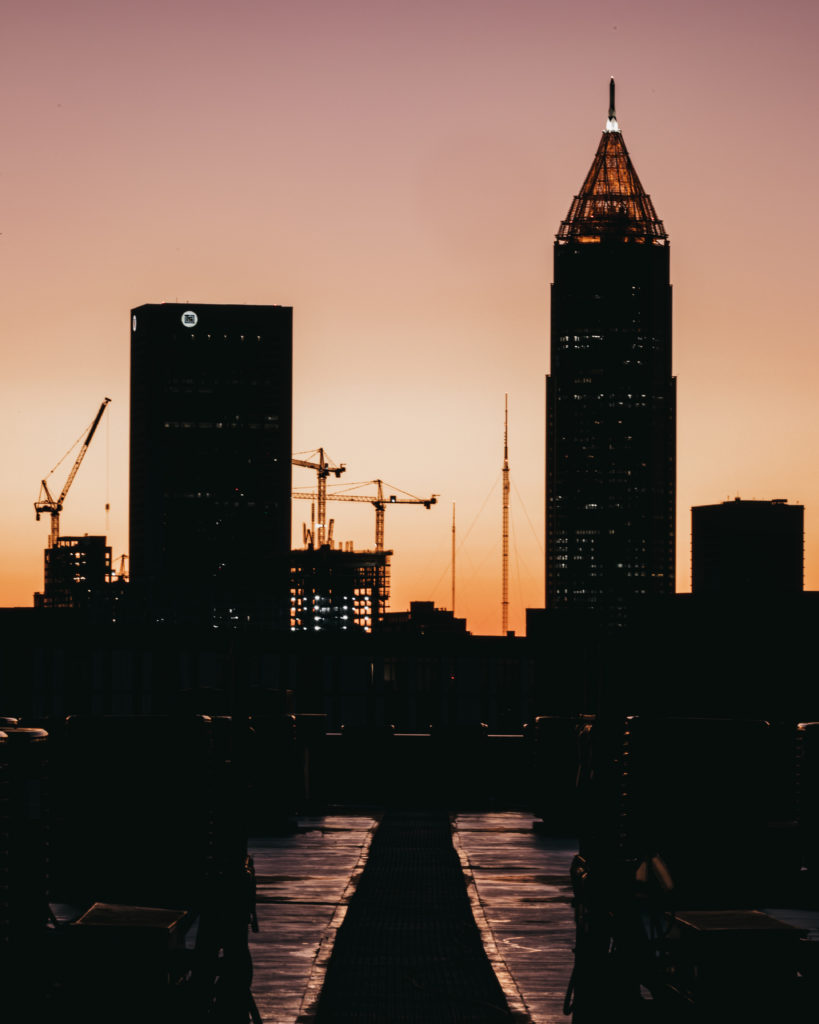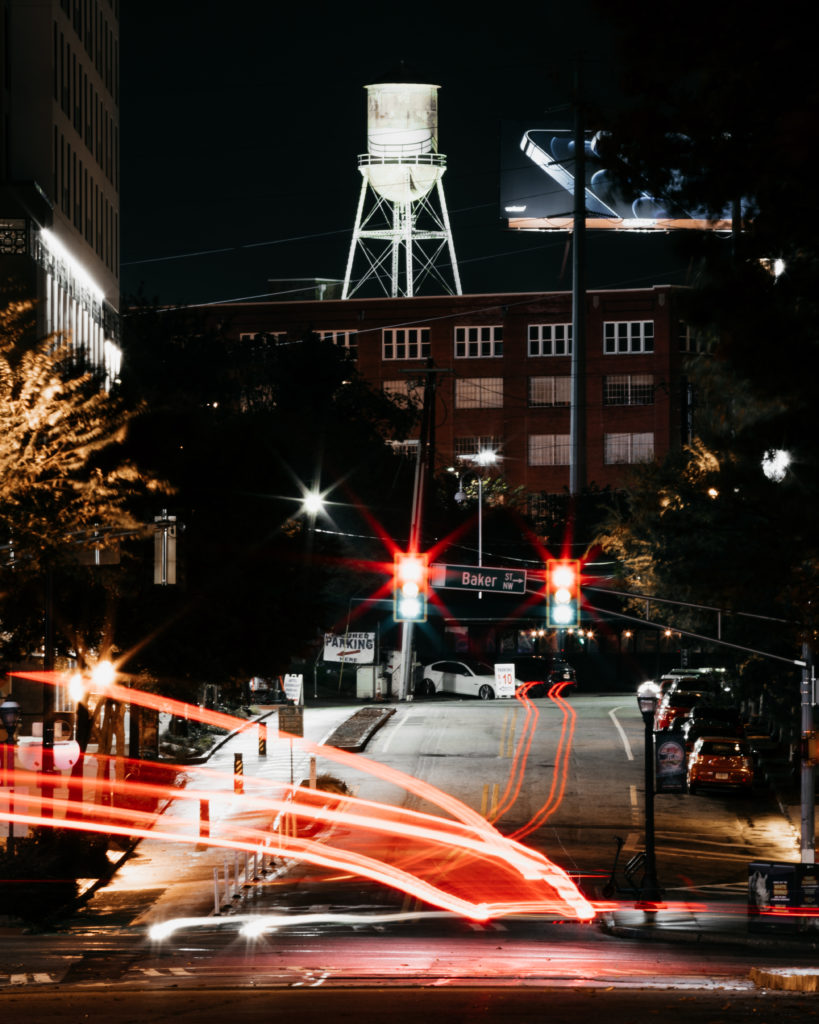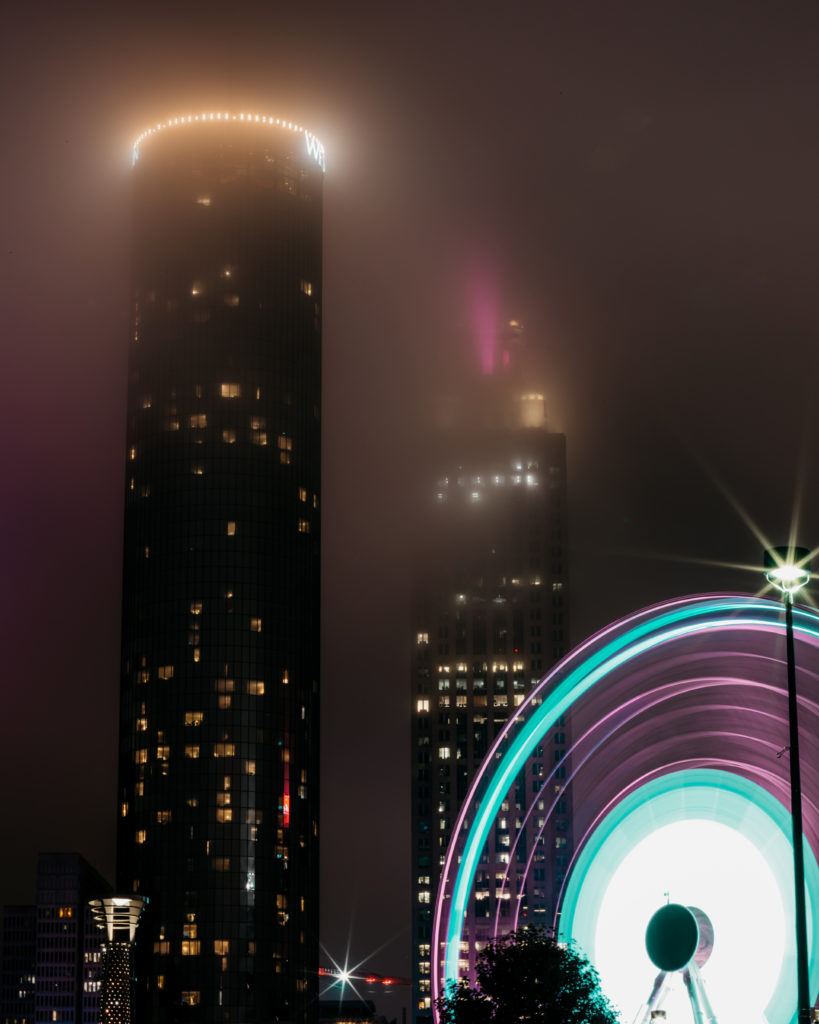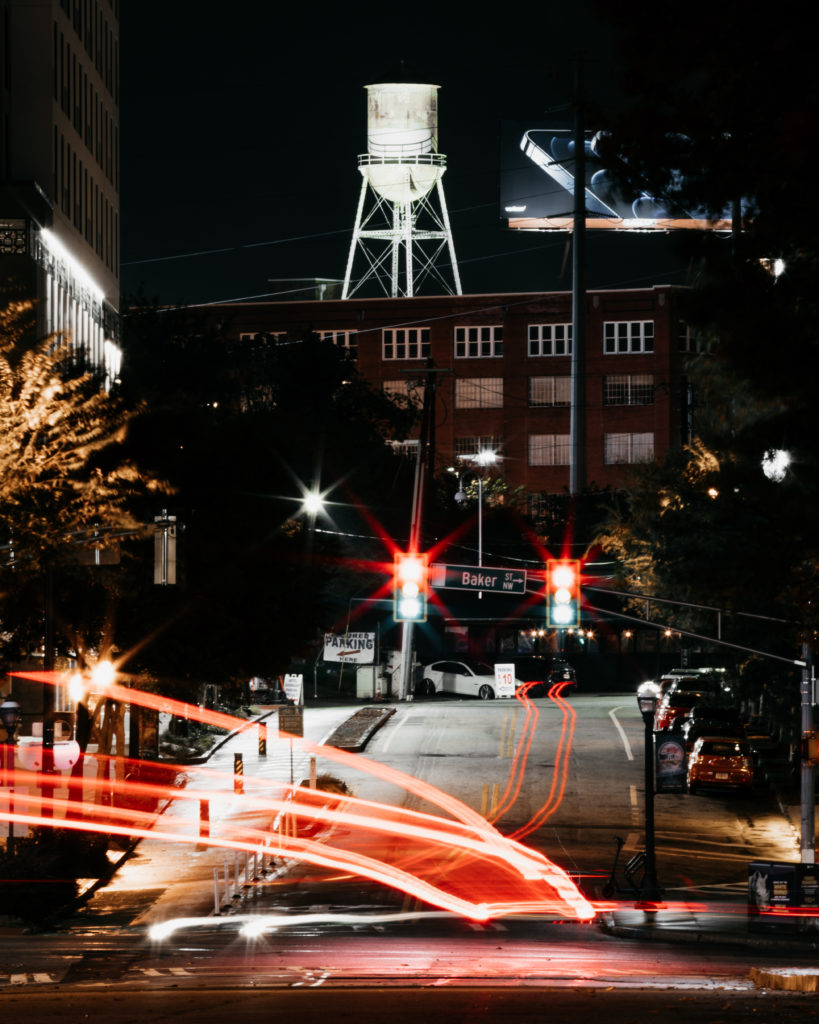The “Photographer of the Week” series is dedicated to highlighting photographers within the SCAD community that demonstrate unique abilities behind the lens. This week, Bobby Falcey, a third-year photography major, shares his recent projects and personal insight.
How did you get started taking photos?
In middle and high school, athletics was my big thing, with little interest or understanding of the arts. I received a medically undiagnosed concussion from wrestling and after my second concussion, this time medically diagnosed, during a football game, I decided to drop contact sports altogether. It was hard because I put so much time and identity into my sports. Engulfed in sadness with no hope and no clear way to turn, my family and I went on a cruise for spring break. I purchased an adaptable lens for my phone camera to impress my family and friends about my travels. People, myself included, were shocked by my unconscious eye for composition. Time and time again, I was told, “you have a photographic eye” or “you really have an act for this.” Long story short, those praises sparked my interest and a newfound love for photography and the arts.
Is there a certain type of photography you are most interested in?
This is always such a difficult question for me to answer because I don’t know that I have only one type of photography I am interested in. I am the type of person who loves to experiment, try new things and challenge myself. While I find that to be both good and bad in my own work. It is more so the process and excitement of photography I crave and capturing a moment in time as beautifully as possible. Additionally, I would say I really enjoy working with film because something about the process and the final product that is much more rewarding than seeing the image right away on the back of a digital camera.
What is your intention when capturing an image?
The intention for me depends on the subject matter and what story I am trying to convey. Telling a story through images can be difficult, but that’s the challenge of photography as a craft. Being a more visual learner, I hope that viewers of my work can see things from a different perspective. I think it is essential for people, to a certain extent, to question what they are viewing to keep a child-like curiosity about their world. Intentionally is the most important thing; I believe as long as I have good intentions, my work will reflect those values.
Do you have an inspiration that helps create your work?
Inspiration comes from many different avenues and primarily various other forms of art. I would say most of my inspiration comes from music because a lot of my time is spent in the car or doing homework. Additionally, I find a lot of inspiration in films. But I would say where I feel most inspired is in the blissfulness of nature and the people I interact with from day-to-day conversation.
What is something you would tell your younger self about majoring in photography?
Honestly, I would tell myself a couple things. Firstly, while I do not regret (my) memories from football, track and wrestling I wish we would’ve found interest in art sooner. Secondly, continue to show gratitude for those who lift you up, support you and give you the opportunity to make the art you are so passionate about. Lastly, the world (of) photography is not as small as you may have once thought. Be proud (of) the choice you made coming to SCAD, making long-lasting friendships and allowing your school to open your eyes up to a whole new gigantic (world) of art and creativity.
Do you have any advice for other photographers or SCAD students in general?
I think many of us go to SCAD with the same intention – to be happy in our future careers and to enjoy the work we do every day. Number one is to challenge yourself and experiment. While trying new things may not interest you initially, you’d be surprised at how much it can inspire your art. Please take advantage of the opportunities you have and step outside your comfort zone; when you do, it is often your best work because it is something we’re so proud of and didn’t even know was possible. Also, failure is not something to be afraid of nor a sign of defeat. Be proud that you tried, learn from your mistakes and try again until you get it right.
To see more of Bobby’s work, visit his website.



